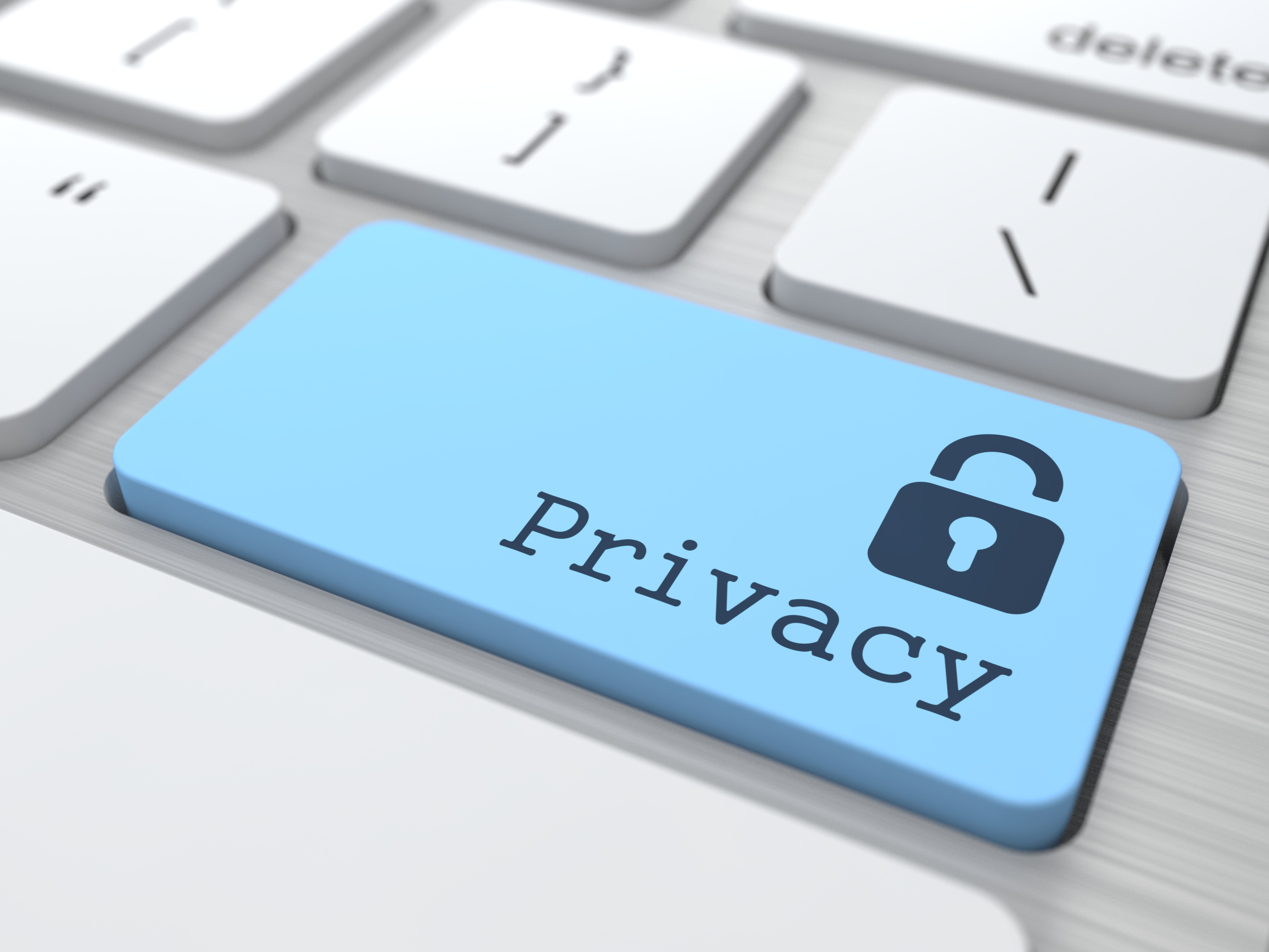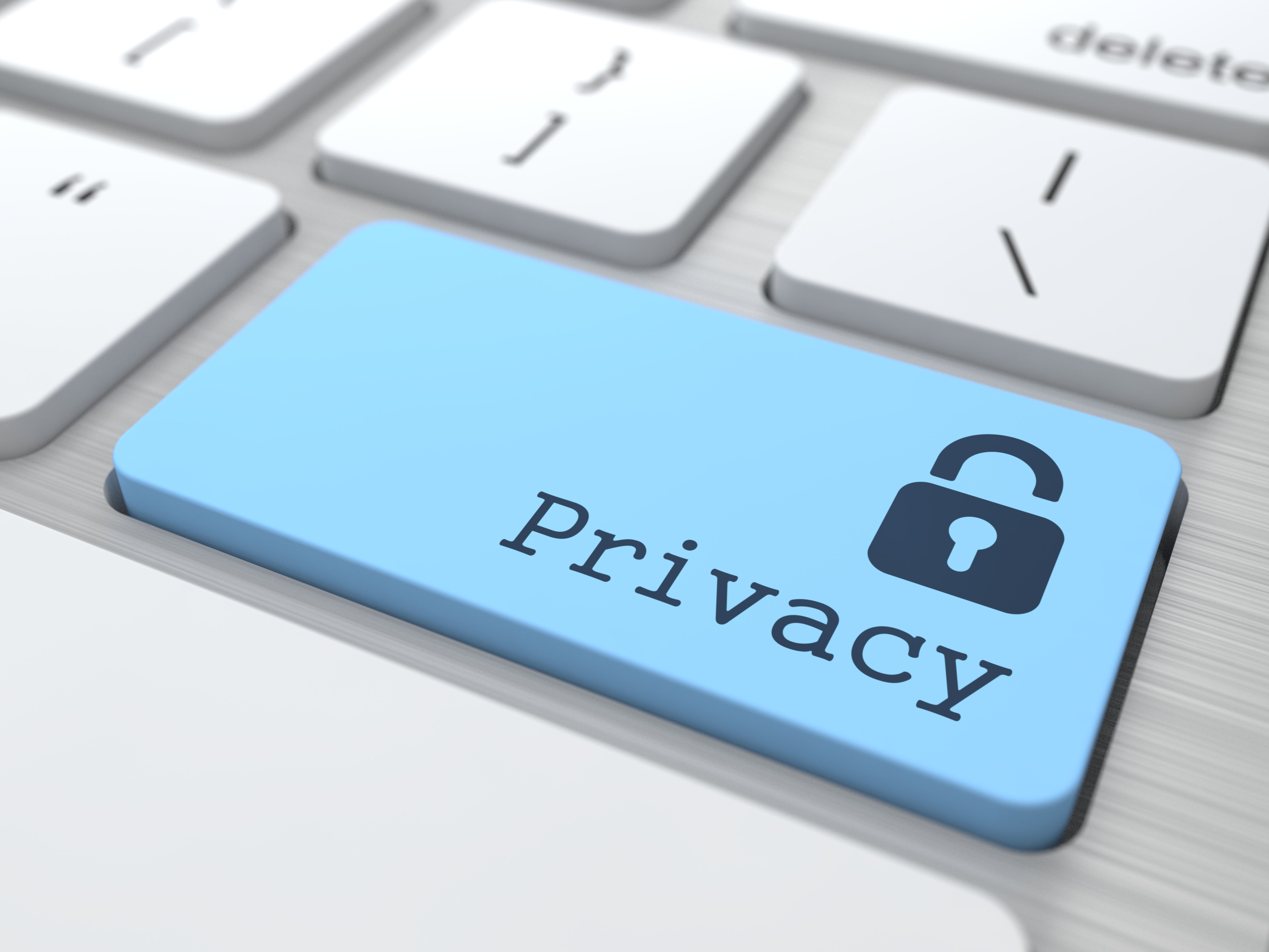
Data breaches are always a concerning matter, and definitely something neither businesses or individuals want to go through. So do you know how to keep your personal information safe? If you’ve ever purchased something online, submitted taxes or filled out a job application with your name and other personal information, it could be at risk of being breached. Protecting your personal information goes a bit further than safe passwords, so here are some steps you can take to minimize your risk.
Be Overprotective
Many retail businesses ask for your email, zip code or phone number when checking out, as most of this information is used for marketing research, or so they can send you promotions. But it’s important to know that you don’t have to give any of it out, no matter how convincing they sound. Most of the time it’s not necessary information to complete the purchase, so don’t be afraid to ask why they need that information.
The exception to this though could be filling out financing applications or credit card numbers for automatic payments. This requires you to surrender more personal information, so be sure every piece of data requested is absolutely needed before doing so.
Know How to Validate Breach Notifications
Many people don’t know how to respond to data breach notifications, as they aren’t always legit and can lead to leaked information. If you’re notified by mail that a breach has occurred, complete the necessary steps if the data obtained puts you at risk. If you’re notified through email, you want to be cautious as these could be fake and sent from hackers posing as legitimate companies. Email hackers will often include links or attachments disguised as malware, which can wreak havoc on your device and personal data.
Monitor Your Medical and Insurance Records
We all know that credit card numbers are at risk of being stolen, but what about health insurance cards? Health insurance cards are just as risky for identity theft, which is why it’s important to periodically check your medical records to make sure no one is posing as you, and you should always shred and dispose of unneeded medical documents.
Monitor Your Accounts
Financial accounts should always be checked on a regular basis. This is anything from credit card bills, bank statements, or insurance claims. Check for log-in records and sign-in dates, or any other suspicious activity to avoid missing a possible breach in your accounts.
If you’re concerned about your personal information being leaked, consider placing a fraud alert on your credit report. You will get a notice if someone attempts to open a new line of credit under your name.
Learning how to keep your personal information safe may take a little more time and effort, but it’s worth it to be better protected from any sort of fraudulent activity.


